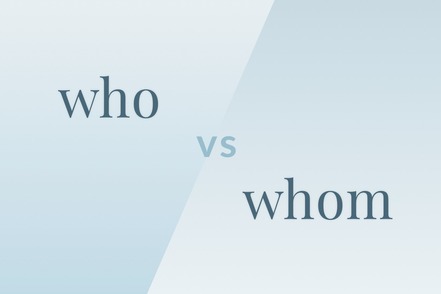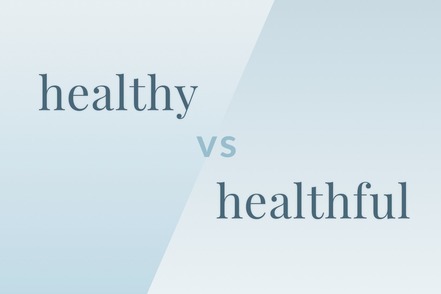TRANSCRIPT
Welcome to ask the editor. I'm Emily Brewster, an associate editor at Merriam-Webster.
Most of you are likely familiar with the informal term hot mess as in the project was going terribly.
It was such a hot mess.
Or it was such a stressful situation.
I was such a hot mess.
What you might not realize is just how old that use of the term is. Before a person or a situation could be a hot mess, a hot mess was simply a mess that was hot with mess here being related to the kind of mess served in a mess hall.
But when you're defining a figurative term like hot mess, you also have to define any older literal meanings that were formerly considered self-explanatory.
Our research turned up two now archaic literal meanings of hot mess. A hot dish especially of soft or pulpy food and a hot mixture of ingredients cooked or eaten together. The quest for early evidence of the literal meaning of hot mess in use led to a surprising discovery, though.
A Mr. P.J. Conlon in an 1899 journal bemoaned the naivete of the people in his community. They believe everything they see in the newspapers. If the newspaper says "the sky is painted with green chalk" that is what goes. Verily, I say unto you, the public is a hot mess.
The term hot mess in current use isn't far off from Conlon's usage. We define it as something or someone that is emphatically a mess such as A, something in a state of extreme disorder or disarray or B, a disorganized, disheveled, or self-destructive person.
Conlon likely would not have predicted a very new development in the word's meaning. It now also means a disorganized, disheveled, or self-destructive person who is at the same time attractive or sexy.
Verily, I say unto you, hot mess has come a long way.
For more Ask the Editor episodes, visit merriam-webster.com.











